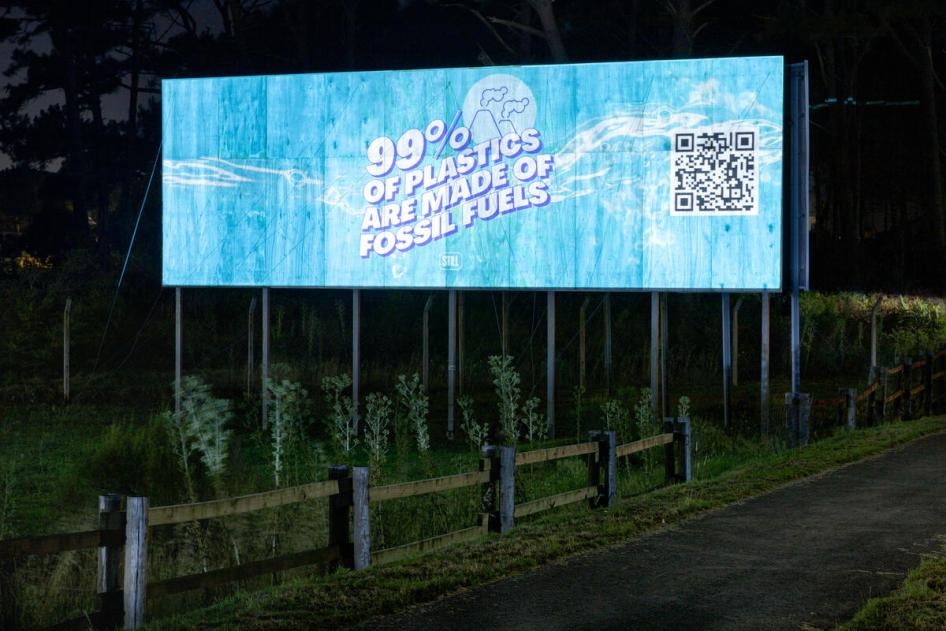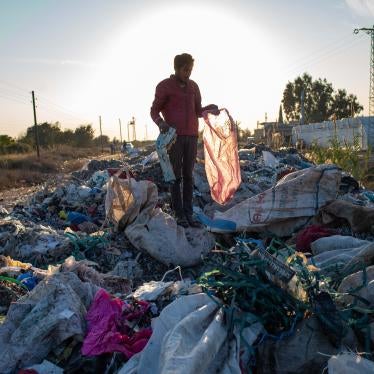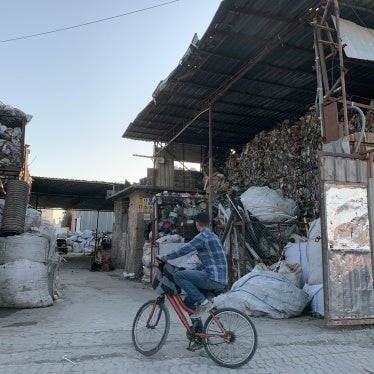Delegates from over 150 countries, as well as civil society groups and industry representatives, gathered in Uruguay last week to negotiate a new global treaty limiting plastic pollution. While countries there recognized the health impacts of plastic pollution, discussions about reducing plastic waste also need to include the source of plastics: fossil fuels.
The stakes are high for these negotiations, mandated by the United Nations Environment Assembly, which are slated to result in a binding treaty by 2024. Plastic production, use, and disposal contribute to the climate crisis and have significant impacts on the human rights of people around the world. Ninety-nine percent of plastics are derived from oil or gas. “Plastics are fossil fuels in another form,” UN Secretary-General António Guterres tweeted on Friday.
As the movement to end fossil fuel use advances, the demand for oil is predicted to fall. As a result, the fossil fuel industry is projected to increasingly rely on plastic production for revenue. Plastics and petrochemicals are anticipated to drive 30 percent of the growth in oil demand by 2030 and nearly half of the growth by 2050.
The recent round of negotiations offered little indication of whether or how the connection between fossil fuels and plastics will be reflected in any treaty, and if the agreed text will explicitly reflect that curbing plastic production also means curbing fossil fuels. Several countries, including European Union members, favored creating a common global framework that every nation abides by. But the United States, Saudi Arabia, and countries where some of the world’s top petrochemical companies are based, favored an agreement in which individual nations set their own goals. Several civil society groups called for the exclusion of industry representatives from the negotiations due to conflict of interests.
At the next round of negotiations, set to take place in France in May 2023, an ambitious agenda to reduce the structural demand for plastics is needed. Countries should work together to end the production of virgin plastic and to remove toxins from plastic products. For governments to meet their human rights obligations to address plastic pollution, the treaty should address the entire plastic lifecycle, which begins with oil and gas extraction. Phasing out fossil fuels should be front and center at the negotiations.










